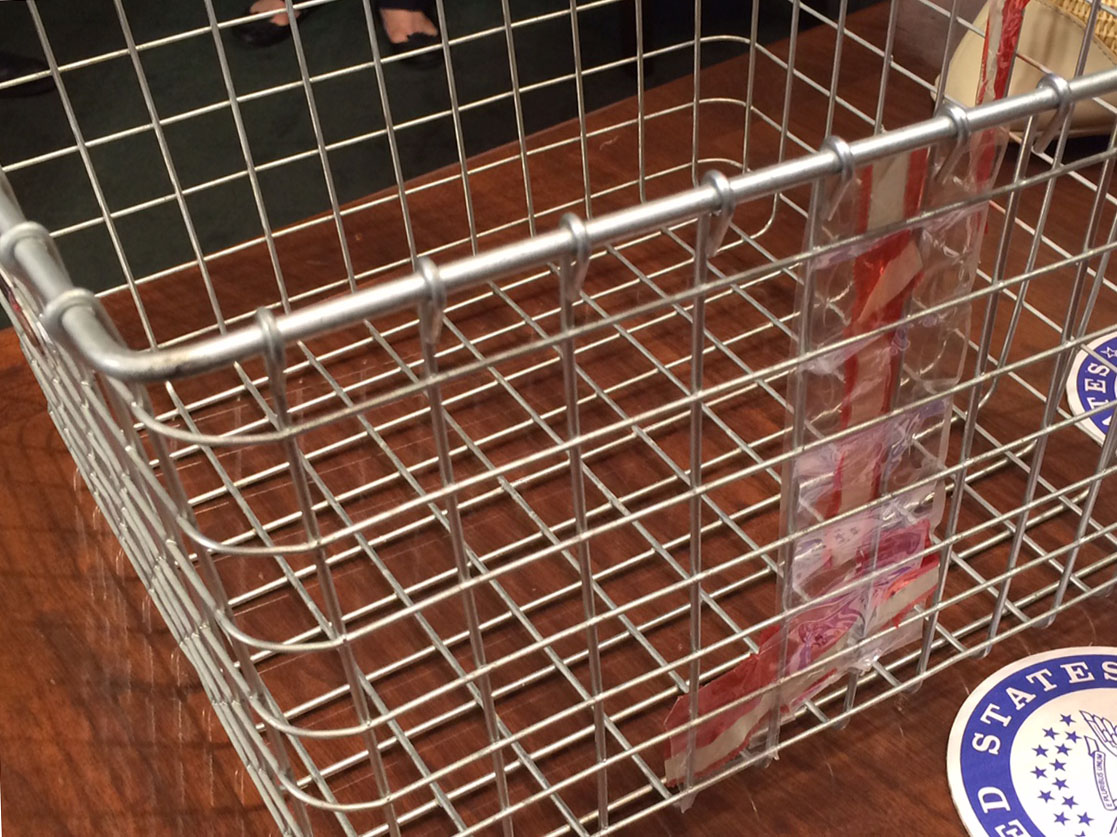Every untested rape kit signifies a victim’s search for justice, according to rape survivor and advocate Natasha Alexenko. Her own search lasted 15 years.
We’ve assembled some numbers to help put her quest – and the quest of others – into perspective.
_________________________________________________________________________________
Although the Joyful Heart Foundation, a national advocacy group aiming to help rape survivors heal, estimates that 100,000 rape kits – possibly more – remain untested nationwide, the exact number of untested rape kits is UNDEFINED. Many jurisdictions don’t track these figures and only a handful self-report.
New funding totaling $76 million has been released to help end the backlog. As part of the FY15 Budget, the Department of Justice offered a $41 million grant to encourage multidisciplinary partnership between law enforcement and communities. The Manhattan District Attorney’s office released an additional $35 million in grant dollars to support jurisdictions across the country in backlog reduction efforts.
The cost of testing a single rape kit ranges from $1,000 to $1,500.
One in five women will suffer rape in their lifetime, according to the Center for Disease Control.
On average, a rape victim will spend three to four hours with a Sexual Assault Nurse Examiner as part of a sexual assault evidence collection examination. A several hour-wait in a hospital or clinic waiting room is also common.
Twenty-four states plus the District of Columbia have statutes of limitations on rape charges ranging from three to 20 years after the assault.
17,000 rape kits were identified as part of New York City’s backlog in 1999, now cleared.
Rape kits are not consistently tracked, as evidenced by the 2009 discovery of 11,341 untested rape kits in a Detroit police annex building – 1,600 rape kits from that backlog have been tested so far, and 1,266 of those kits have generated DNA matches yielding 288 potential serial rapists.
An accounting of untested kits by the Joyful Heart Foundation using public record requests revealed the presence of 3,783 untested kits in Tulsa, Oklahoma; 2,655 untested kits in Milwaukee, Wisconsin; 4,385 untested kits in Las Vegas, Nevada; 1,943 untested kits in Jacksonville, Florida; 1,276 untested kits in Seattle, Washington; and 1,931 untested kits in Portland, Oregon, among others.

